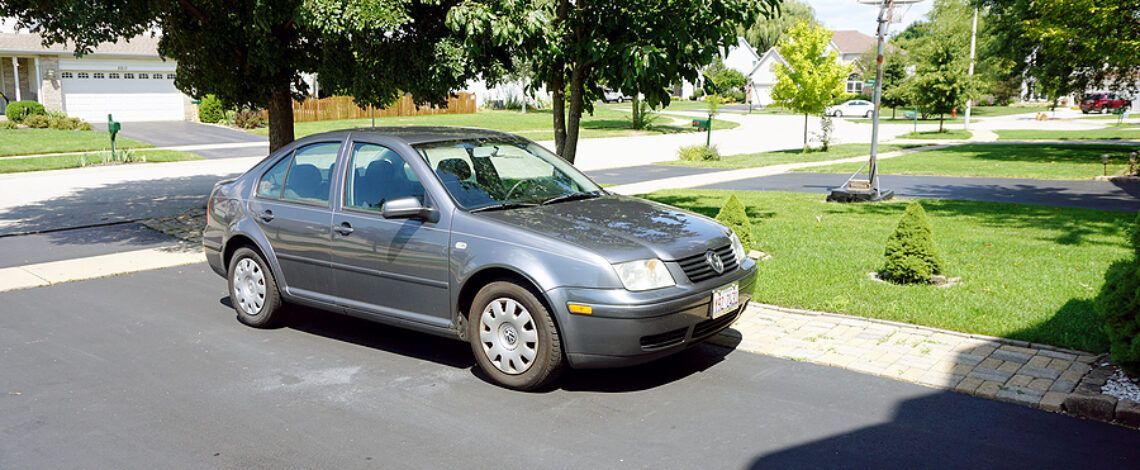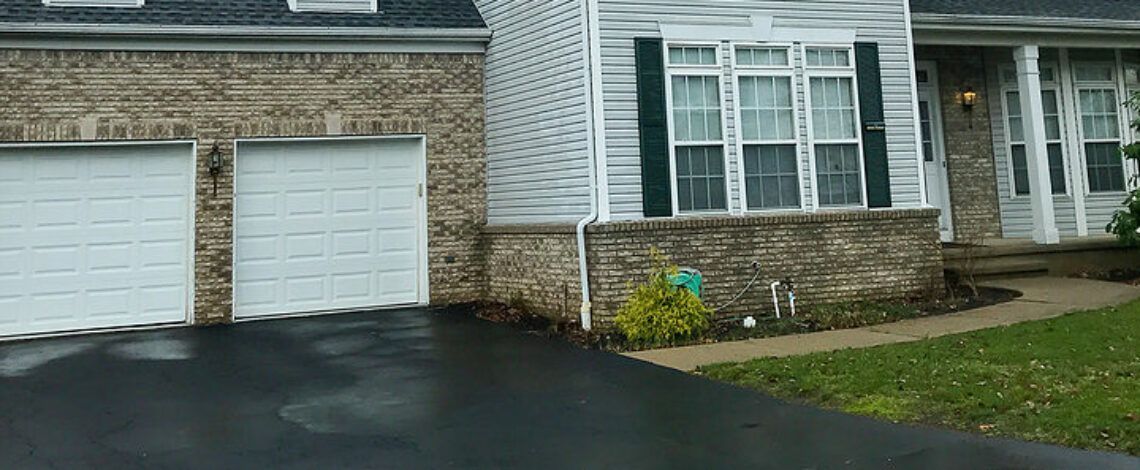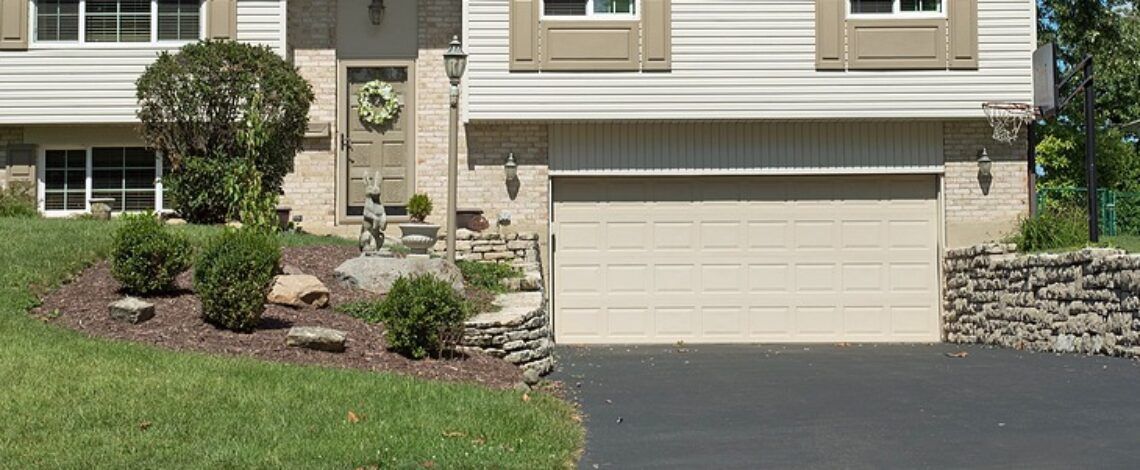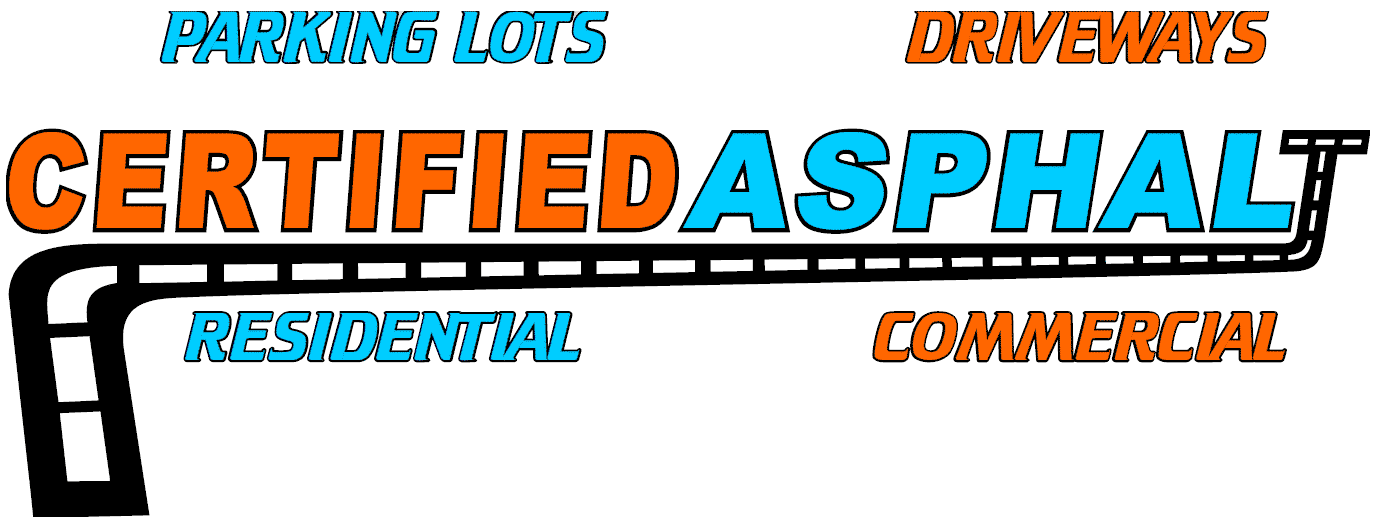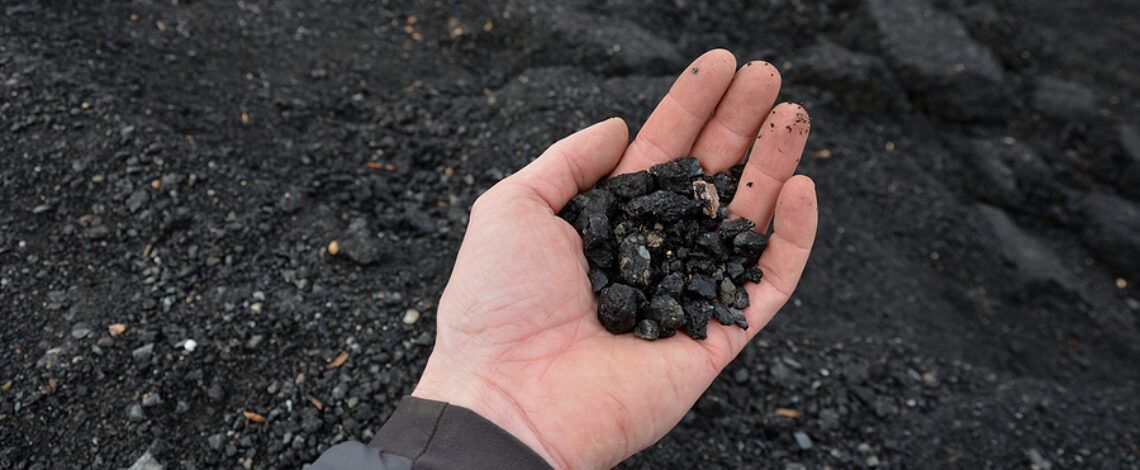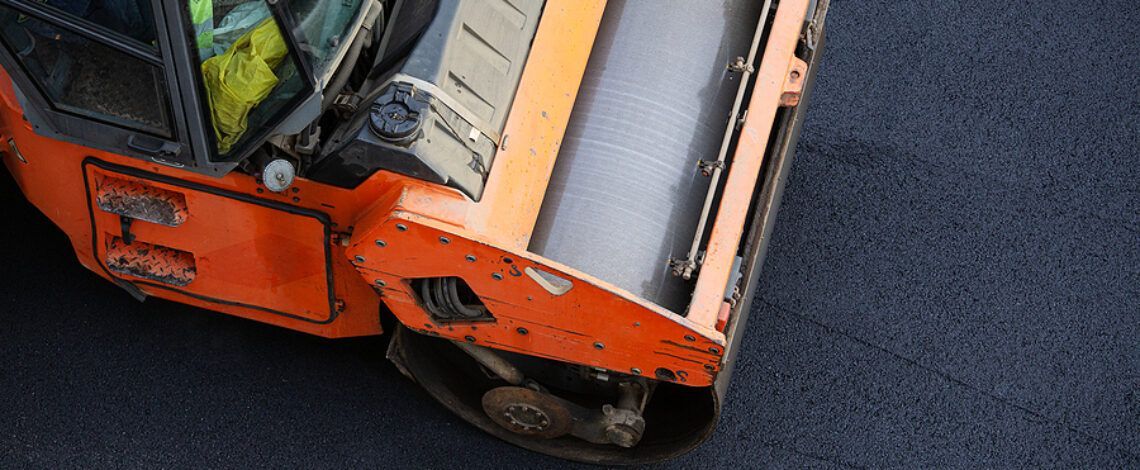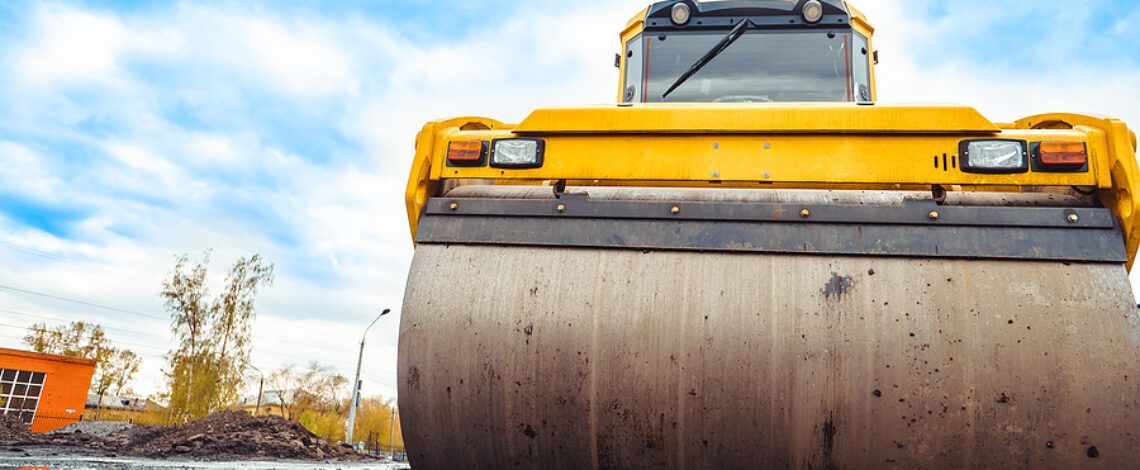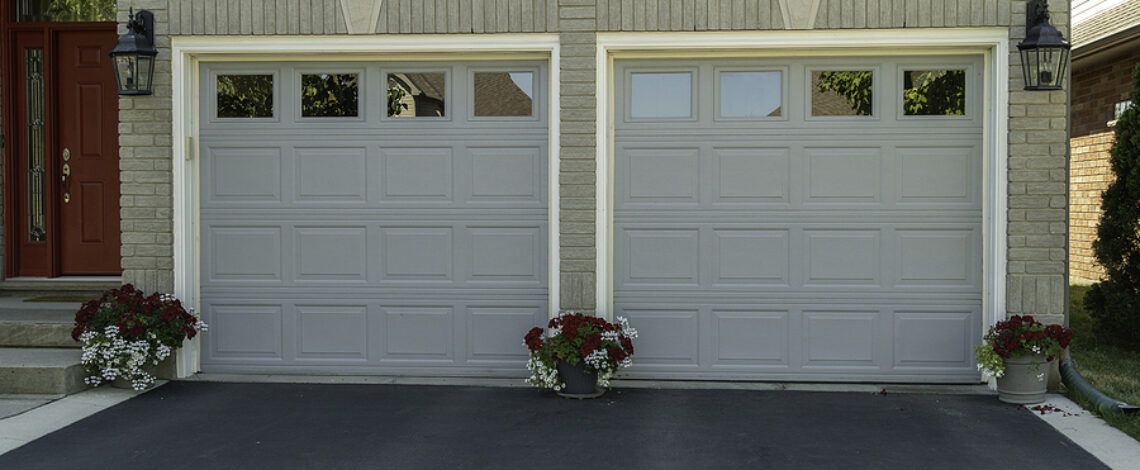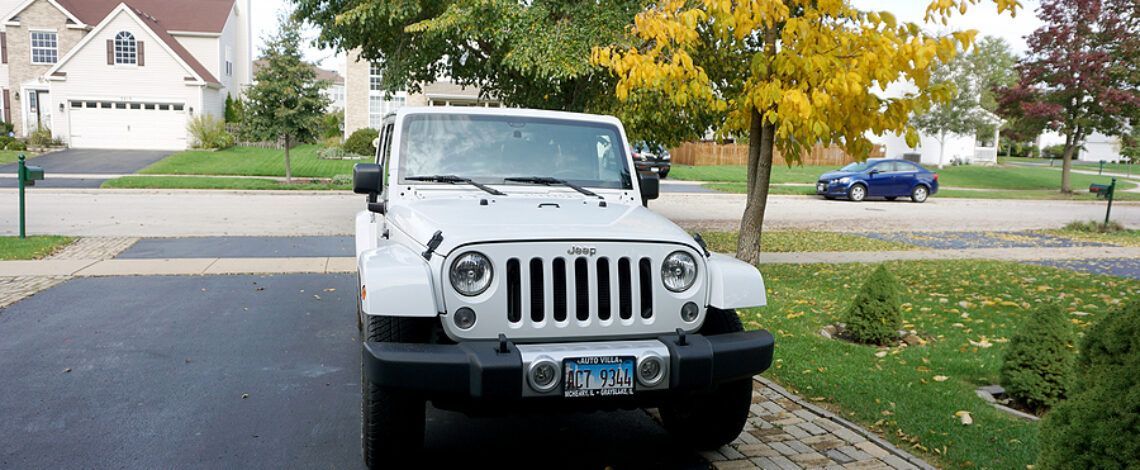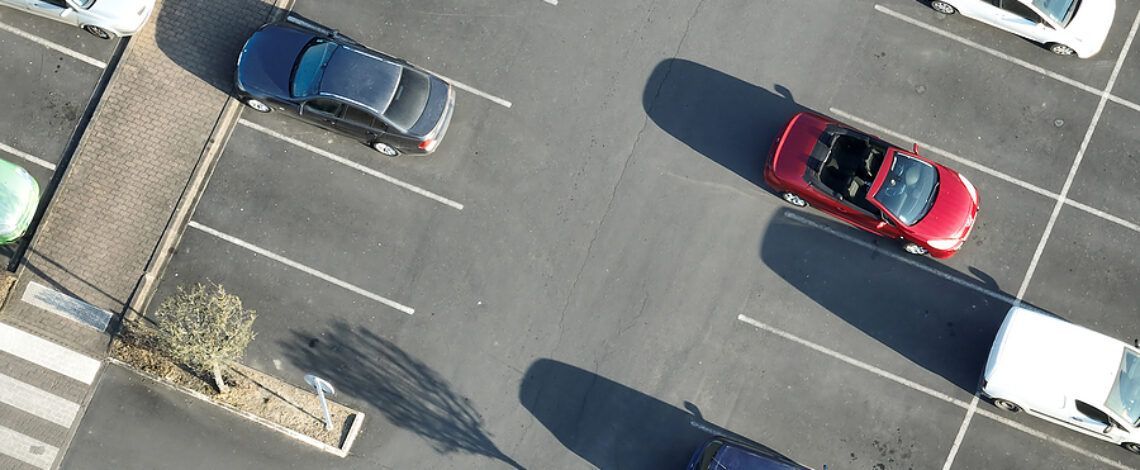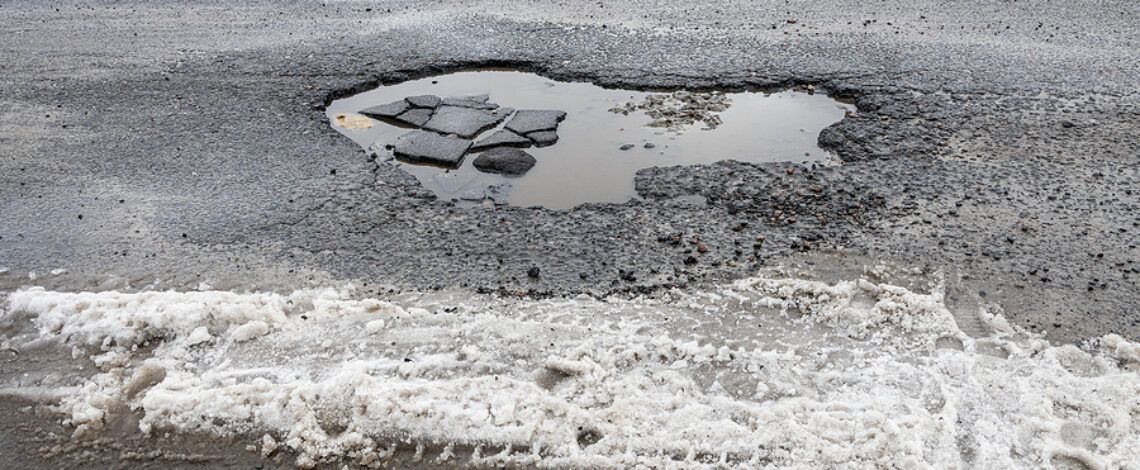ASPHALT DRIVEWAY INSTALLATION – HAVE QUESTIONS? WE’VE GOT ANSWERS
When you’re considering asphalt driveway installation, you are bound to have a few questions. While most of them are things you should discuss with your asphalt professional, we are going to give you some insight by answering some of the most commonly asked questions about asphalt driveway installation. Let’s start with what is probably the first question on your mind:
How Much Does Asphalt Driveway Installation Cost?
This is a valid question, however, there is no simple answer as there are a variety of factors that go into calculating the cost of asphalt driveway installation. From driveway preparation and the type of asphalt used to labor and location, each aspect of the installation process has an impact on the cost. Your asphalt professional will go over each step and provide you with an accurate estimate to install your new driveway.
Is a Base Required for Installation?
An asphalt driveway must be installed on a stable base. If not, it could affect the asphalt’s longevity as an unstable base will lead to cracks in your asphalt. Reputable asphalt contractors will assess your specific situation and determine if putting down a base is necessary for your asphalt driveway installation. If it is necessary, putting down a base will increase both labor and material costs and should be reflected in the estimate provided.
What is Driveway Grading?
When choosing an asphalt driveway installation company, the subject of driveway grading will come up (or at least it should). Grading is actually part of the preparation process. In addition to making sure there is a solid base, the ground must be dug out or filled and then leveled, creating the appropriate pitch to ensure proper drainage and water runoff. You want water to run away from your home to prevent water damage or flooding. Grading also prevents standing water on the asphalt that could lead to premature damage to your driveway.
How Thick Should an Asphalt Driveway Be?
Again, this may vary depending on the specifics of your asphalt driveway installation. On average, two to three inches of asphalt is put down over the base when installing a residential driveway. For commercial driveways and parking lots, the asphalt is typically three inches thick. For asphalt subject to heavy-duty vehicles such as those leading up to loading docks or in truck stop parking lots, the asphalt should be anywhere from four to seven inches thick.
Can an Overlay Be Installed on My Existing Driveway?
That depends on several different factors, including the extent of the damage to your existing driveway. If the damage is too extensive, the base is compromised, or the driveway needs to be regraded, a new asphalt driveway will be required. If your driveway only has minor damage, an overlay can be a viable solution. However, if major damage exists, an overlay is like putting a band-aid on a wound that needs stitches. Your asphalt contractor will be able to assess the condition of your existing driveway and determine if an overlay would be appropriate.
How Should I Care For My Asphalt Driveway?
A little care and maintenance can help extend the lifespan of a new driveway installation. You should inspect your asphalt surfaces regularly, keep them clean of debris, and repair any small cracks and crevices before they become a major issue. You should also take extra care when shoveling snow that you don”t gouge the surface. Also, keep in mind that the summer heat has an impact on your asphalt driveway. It helps to switch up your parking spot to help prevent tire marks from forming. Sealcoating your driveway every few years can also help improve its longevity.
The Asphalt Driveway Installation Pros
Have we missed anything? If you’re considering a new asphalt driveway in Ocean County, Monmouth County, or the surrounding areas, give Certified Asphalt a call. We offer complete asphalt installation and maintenance services. We will be happy to come out and assess your situation and provide you with an accurate estimate. Contact us today!
